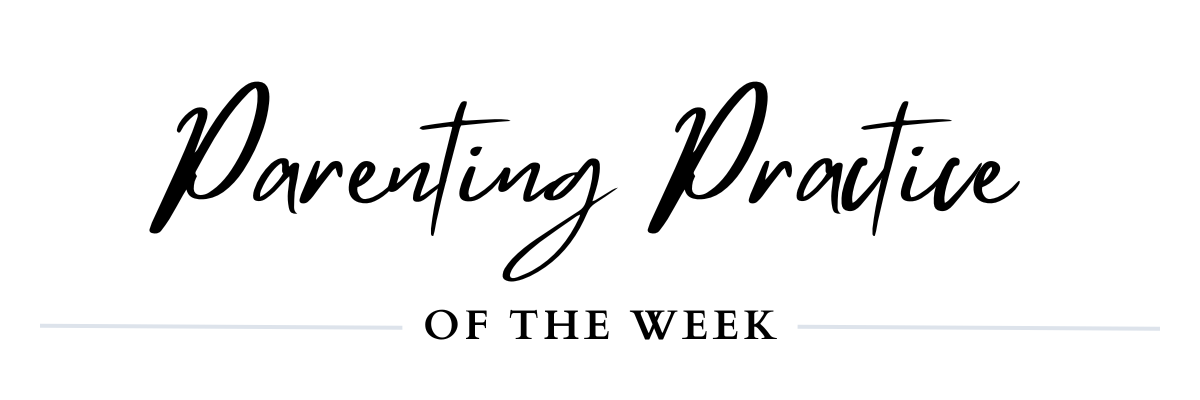Attuning to Our Kids When They Need it Most

One of the most challenging and most important things we can offer our kids is empathy when they are struggling to cooperate.
When our kids are struggling and cannot cooperate with us, it can be so tempting to bring out the iron first. We may be tempted to threaten, demand, or use other techniques of power to remind them who is boss.
The problem is that these techniques ignore the fact that our kids are struggling and need our help. They also don’t encourage us to take responsibility for the part of this dynamic that we are playing. They keep us stuck in patterns of power struggle and disconnection.
As hard as it may feel in these challenging moments, it is our job as parents to pause and attune to our kids. There is a fear in the parenting world that if you are attuned to your child in a moment of struggle, you will ‘reinforce’ their poor behavior.
I want to offer you a different perspective supported by attachment science: When we meet our kids in their struggle with compassion and empathy, we offer them a connected way to move forward toward collaboration.
Why? Because when we offer compassion, our kids’ brains calm down because we are no longer a threat. They gain more access to their prefrontal cortex, where rationality and cooperation skills live. AND they begin to internalize a model of empathy to use for themselves and others in moments of struggle.

Offering Compassion: A Roadmap for Practicing this in The Day-to-Day
For some parents, the above can feel impossible. It can be really hard to break patterns. Here are some steps you can work towards:
First, practice pausing. Find space between the emotional reaction you have in the heat of the challenge and the moment you respond. See if you can slow the pattern down. Ask yourself: is my prefrontal cortex online? How dysregulated am I right now? If the answers are ‘no’ and ‘very,’ check in with yourself about what you need. Remember that YOU need love and compassion in your struggle, too. Try giving yourself a hug or taking some deep breaths and reminding yourself that you can do hard things.
Then, consider your responsibility. Get curious about how your dysregulation may be playing a part in this challenge. Consider your child’s age of development and emotional maturity and see if you can get some perspective. This perspective helps us find more compassion and understanding for where our kids are at and what can truly be expected of them.
Then, offer empathy. Here are some phrases to try:
- “I am so sorry you are hurting, love.”
- “I can see how angry/sad/scared/confused/upset you are feeling right now.”
- “You were really hoping for X, and instead, it turned into Y.”
See what shifts.
If you fail this process completely, remember that that is okay. Mistakes are part of learning. Give yourself a hug, and then go repair with your kids. Model how you wish you would have responded and tell them you are committed to practicing this.
You are doing the hard work. I am proud of you. I hope you are proud of you, too.
Share This Article:
Curious for more?














